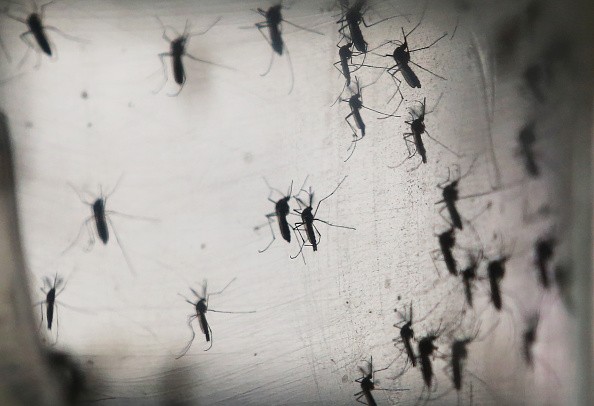The southern Chinese city of Shenzhen, known for receiving the most number of land-entry passengers in the country, has adopted a laboratory test for the Zika virus, the Xinhua News Agency reported.
After detecting the first imported case of the Zika virus, the city’s Entry-Exit Inspection and Quarantine Bureau has implemented stricter border quarantine checks, according to local officials.
The patient is a 34-year-old male hailing from Jiangxi Province’s Ganxiang County. He had traveled from Venezuela and was reported to have shown symptoms of headache, dizziness and fever on Jan. 28 prior to his return on Feb. 5 via Hong Kong and Shenzhen.
Now recovering, he has been receiving treatment in a local hospital in his hometown since Feb. 6.
The Zika virus case was confirmed by the country’s National Health and Family Planning Commission.
The heightened quarantine checks also coincide with the rising number of returnees from work and travel overseas in light of the Spring Festival holiday.
As part of this initiative, officials of the Shenzhen Entry-Exit Inspection and Quarantine Bureau also urged pregnant women to avoid traveling to South America, where the virus is “spreading explosively,” as warned by the World Health Organization.
According to the organization’s estimate, there have been 3 to 4 million infections in the region for the past year.
Reports suggest that the Zika virus is linked to primary microcephaly.
The virus, which spreads through mosquito bites, has symptoms including fever, joint pain, headache, rash, conjunctivitis, muscle pain and eye pain. On Feb. 1, WHO declared an international health emergency over the virus.
Bernhard Schwartlander, WHO’s representative to China, said that imported cases of the virus are to be expected considering the “volume of travel between China and South America.”
"Chinese health authorities are well prepared to respond to this and any further imported cases,” he added.
Meanwhile, Hong Kong has also stepped up inspections in its airport, a statement from its Department of Health said.
Xinhua said that health authorities in Guangdong have also encouraged its citizens to stay vigilant as the dengue season approaches. Officials also vowed to intensify their efforts for the early detection of the illness.



























